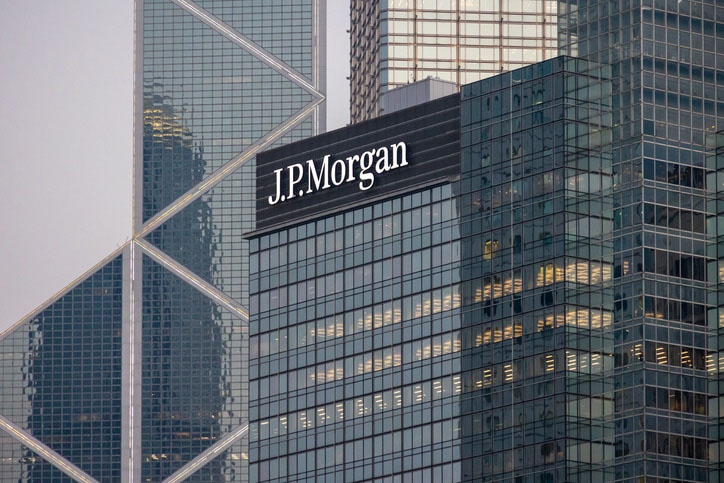
Photo Credit: AP
In a week that saw the financial markets teetering on the edge, JPMorgan Chase & Co. (JPM) faced its own share of turbulence. Despite a surge in net interest income (NII), the bank's stock price took a dip, leaving investors pondering the road ahead. In his annual letter to shareholders, Jamie Dimon, the CEO of JPMorgan Chase, issued a stark warning about the U.S. economy. He believes that inflation and interest rates may remain elevated due to massive government spending.
Dimon points to factors such as the transition to a greener economy, global supply chain restructuring, increased military expenditure, and rising healthcare costs. He cautions that these inflationary pressures could lead to stickier inflation and higher rates than what the markets currently anticipate. While some hope for a "soft landing," Dimon's skepticism suggests a more challenging road ahead for the financial landscape.
Navigating the NII Landscape
Net Interest Income (NII): JPMorgan's NII, the difference between what it pays for deposits and earns from loans, has been a focal point. In Q1 2024, it stood at $23.1 billion, reflecting an 11% increase year-over-year. This robust performance was driven by loan growth, particularly in credit card revolving balances. Despite positive expectations, JPMorgan's share price encountered a 5.63% decline during the week
Interest Rate Dynamics: The bank anticipates six projected Federal Reserve interest rate cuts throughout the year. While these cuts may impact NII, JPMorgan remains cautiously optimistic. Chairman Jamie Dimon acknowledges the economy's resilience but highlights the need to prepare for various scenarios, including inflation stickiness and higher-than-expected rates.
Provisions and Expenses: JPMorgan's provisions for credit losses surged, reflecting concerns over potential customer defaults during elevated interest rates. Noninterest expenses also rose, driven primarily by replenishing the Federal Deposit Insurance Corp fund.
Disclaimer: This article is for informational purposes only and does not constitute financial advice. Always consult a professional before making investment decisions.
![]()
















